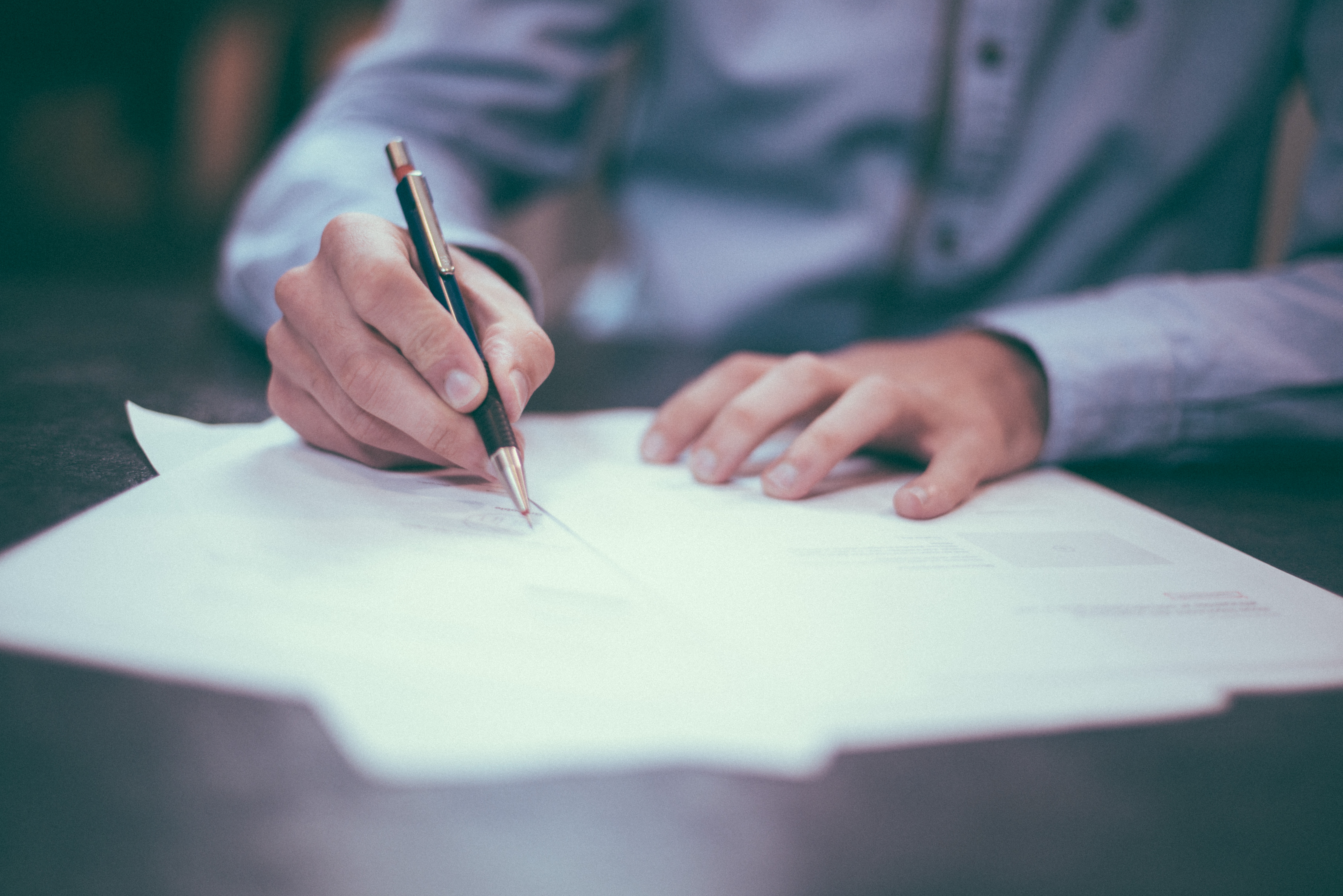
Enduring Powers of Attorney explained
Duffy Elliott Lawyers answer frequently asked questions about Enduring Powers of Attorney.
What is an Enduring Power of Attorney?
Simply, an Enduring Power of Attorney is a document that appoints people you trust to assist you with your financial and legal affairs.
The difference between an Enduring Power of Attorney and a General Power of Attorney is that the Enduring Power of Attorney remains valid even if you lose capacity.
Your attorney must be over 18 and must not be bankrupt or insolvent.
How many attorneys can I appoint?
You may appoint more than one person – in which case you must determine if you want your attorneys to act together on all decisions (jointly) or whether they can act independently of each other (jointly and severally).
After your first appointments, you may also appoint a substitute who will only step into the role if your first attorney dies, renounces, becomes bankrupt, or loses mental capacity.
When does it commence?
It can commence as soon as you would like – this might be immediately, or when a doctor writes a letter to say you are unable to manage your own affairs.
Can my attorney use my money to benefit themselves?
The person you appoint must always do things in your best interests unless you specifically state otherwise in the document. For example, a husband may wish to allow his wife to use his money for her own living expenses (excluding joint accounts).
Obligations of your Attorney
Obligations of your attorney include keeping their own money and assets separate from yours, keeping reasonable accounts of anything they do on your behalf, and acting honestly in your affairs.
If they do not, civil and criminal penalties may apply.
Can my Attorney sell my property?
The document must be registered with the NSW Land Registry Services to enable an attorney to manage a sale or purchase transaction on your behalf.
What if I change my mind?
You can revoke an Enduring Power of Attorney at any time while you have capacity to provide instructions. Please note, marriage does not automatically revoke a Power of Attorney.
Isn’t a Power of Attorney just for old people?
There are many occasions where you might need a Power of Attorney to be in place before you are of advanced age. For example, if you go overseas for an extended period and wish someone to manage your affairs in your absence.
It is common for people to wait until they are older to consider making this document as it allows for someone to receive help in managing their money when it becomes too hard. However, this must be weighed against the risk that the person may become incapacitated before providing those instructions (either by way of disease or accident).*
It is impossible to see into the future, and this document ensures there will always be someone available to continue managing your financial affairs.
How long does an Enduring Power of Attorney last?
An Enduring Power of Attorney lasts until you either revoke the document, or die.
What about my medical decisions?
Any lifestyle and medical decisions that may need to be made after you lose capacity are governed by an Appointment of Enduring Guardianship. This is a separate document that should be considered in any holistic approach to estate planning.
Do I need an Enduring Power of Attorney?
In the view of Duffy Elliott Lawyers, the short answer is yes!
Please contact our office to discuss your estate planning needs.
